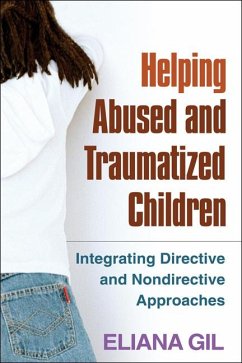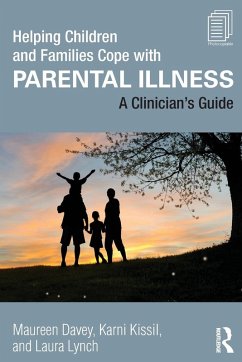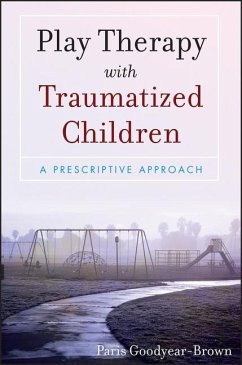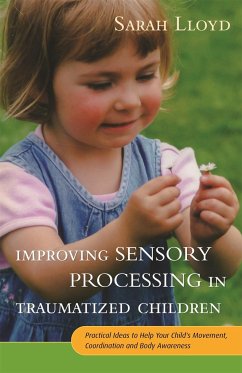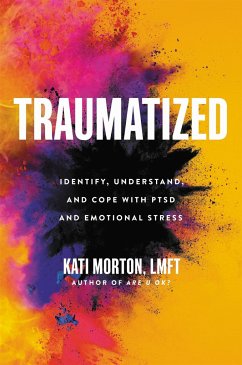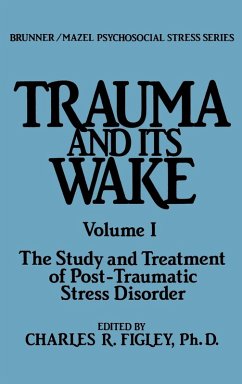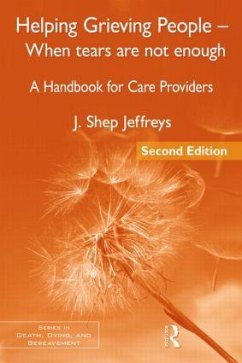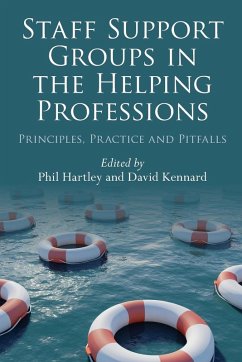
Helping Traumatized Families
Versandkostenfrei!
Versandfertig in 1-2 Wochen
59,99 €
inkl. MwSt.
Weitere Ausgaben:

PAYBACK Punkte
30 °P sammeln!
The new edition of the classic Helping Traumatized Families not only offers clinicians a unified, evidence-based theory of the systemic impact of traumatic stress-it also details a systematic approach to helping families heal by promoting their natural healing resources. Though the impact of trauma on a family can be growth producing, some families either struggle or fail to adapt successfully. Helping Traumatized Families guides practitioners around common pitfalls and toward a series of evidence-based strategies that they can use to help families feel empowered and ultimately to thrive by de...
The new edition of the classic Helping Traumatized Families not only offers clinicians a unified, evidence-based theory of the systemic impact of traumatic stress-it also details a systematic approach to helping families heal by promoting their natural healing resources. Though the impact of trauma on a family can be growth producing, some families either struggle or fail to adapt successfully. Helping Traumatized Families guides practitioners around common pitfalls and toward a series of evidence-based strategies that they can use to help families feel empowered and ultimately to thrive by developing tools for enhancing resilience and self-regulation.





